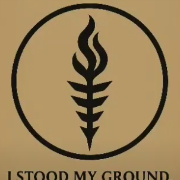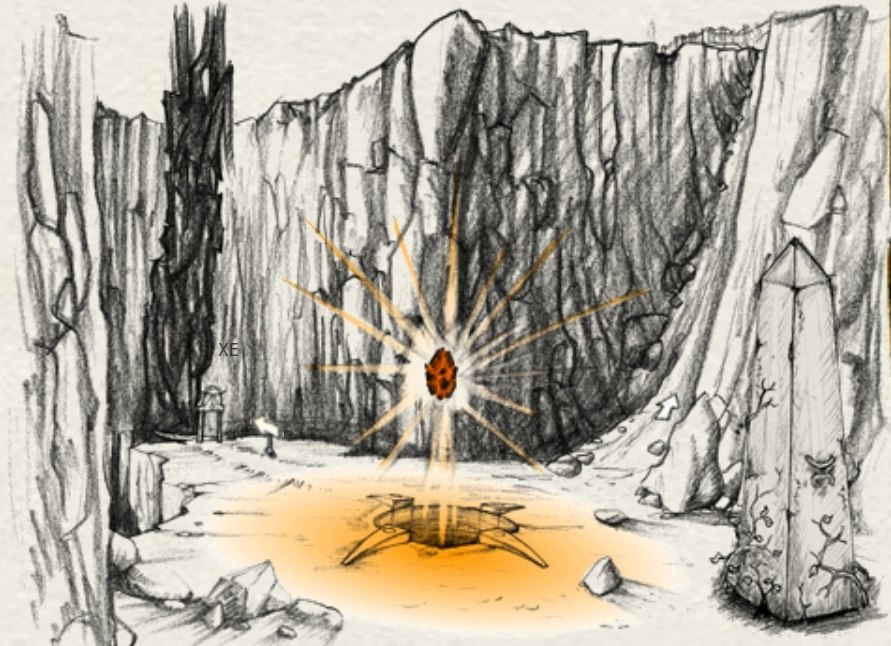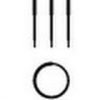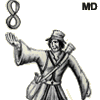Nava, the last sentence in your second paragraph doesn't make any sense. The word darkness is vague, and from the way you used it, I could only think of the Jungian 'shadow' archetype when talking about accepting/supporting that side of our nature, but that's the stuff of depth psychology. However, the first paragraph makes sense. Is it only freedom if it's conscious? It certainly feels like it, but to be honest, I don't have an answer for this because whether we are or not, we cannot say that it isn't influenced by the subconscious or any other events that takes place in our brain.
Imagine these two scenarios Fang;
1. You get out to get to school so you get good grades, work at a financially and intellectually rewarding job so you can live a good life by our society's standards.
2. You get out to get to school so you get good grades, but your friend Alex stopped you and asked you to hit some blunt because it's 4:20pm and it's also legal now in Canada, you then hit some, got late for school but promised to make up for it, which you did, so you can live a good life in the future by our society's standards.
What is the difference between these two scenarios? Nothing. You're still in your path because you decided to follow it. Why did you follow it when you can choose not to? It sure feels like you're free, yes?
This is what's wrong with compatibilism, it solves the problem of free will by ignoring it. A puppet is free as long as it loves its strings.
You cannot say that the subconscious or the unconscious is besides the point when they are exactly the origin of our choices/intentions. We cannot be conscious of an intent if it doesn't arise in our minds first.
















